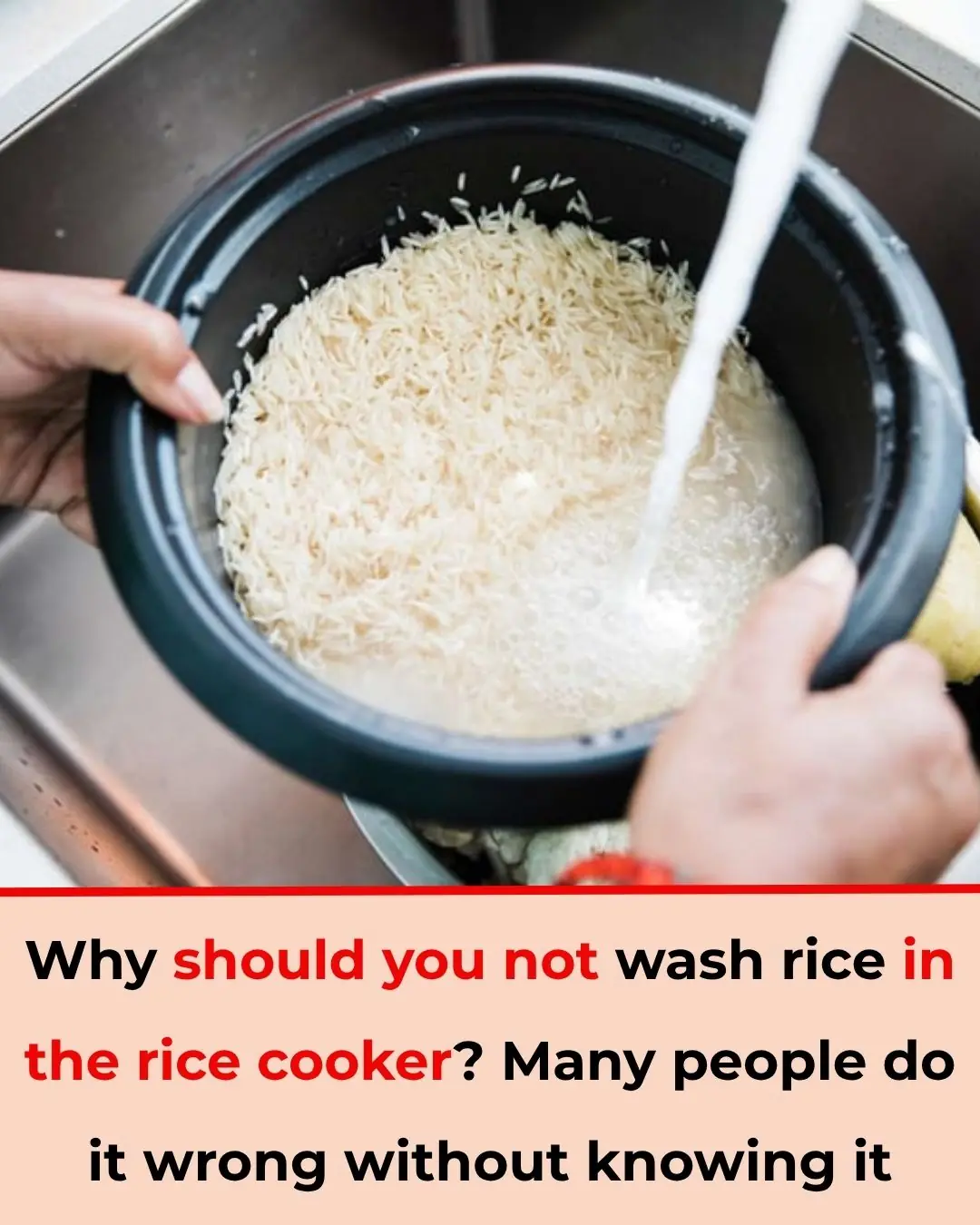
Little-known wonderful uses of baking soda in gardening
11 Amazing Uses of Baking Soda in Gardening That Few People Know
A lush, organic, and completely natural garden often owes its health to one surprisingly simple ingredient: baking soda. Few people realize that baking soda can help create a thriving garden all year round. This biodegradable, non-toxic substance can serve as a gentle replacement for pesticides, fertilizers, and other harsh chemicals.
If you haven’t yet discovered its many benefits, take a few minutes to learn these practical and eco-friendly gardening tips using baking soda.
1. Clean plant leaves
For indoor plants to thrive, their leaves need to be cleaned regularly to remove dust and oil that block sunlight and hinder photosynthesis. To clean them, use a soft, lint-free cloth dampened with a solution of water and a pinch of baking soda. Wipe the leaves gently to keep them shiny and healthy.
2. Promote plant growth
Mix together 1 tablespoon of baking soda, ½ tablespoon of ammonia, 1 teaspoon of Epsom salt, and 1 liter of water. Use this mixture to water slow-growing plants. This homemade tonic helps plants regain their green color and boosts healthy growth.
3. Get rid of snails and slugs
Snails can be a gardener’s nightmare, devouring young shoots and flower buds. To keep them away, simply sprinkle baking soda around your plants or directly onto the snails. They will avoid any area treated with baking soda.
4. Encourage flowers to bloom
Dissolve 1 tablespoon of baking soda in 2 liters of water and use this solution to water your flowering plants. It helps stimulate blooming and keeps flowers vibrant.
5. Grow sweeter tomatoes
Sprinkle a small amount of baking soda around the base of your tomato plants. The baking soda reduces soil acidity, resulting in tomatoes that taste noticeably sweeter than usual.
6. Eliminate cabbage worms
Cabbage and other leafy greens often attract caterpillars that chew through their leaves. Mix equal parts flour and baking soda and sprinkle the mixture on affected plants. The caterpillars will eat the powder and die shortly after.
7. Natural insect repellent
Baking soda can help repel pests like aphids, scales, and spider mites. While it might not kill all insects, it disrupts their breeding and discourages infestations. Combine 1 teaspoon of baking soda, ⅓ cup of olive or mustard oil, and 1 cup of water. Shake well and spray on infested plants to protect them naturally.
8. Prevent mold and fungal diseases
Spraying baking soda on leaves changes the surface pH, making it less acidic and less hospitable to fungal spores. Mix 1 teaspoon of baking soda, a few drops of liquid dish soap, and 1 liter of water. Spray this mixture on affected plants to control mildew and mold growth.
9. Kill weeds naturally
Baking soda is a safe and effective way to deal with weeds growing along garden paths, edges, and flower beds. Sprinkle baking soda directly on unwanted weeds — it will dry out their foliage within a few days. Regular application helps slow down new weed growth as well.
10. Keep cut flowers fresh longer
Baking soda isn’t just good for soil-grown plants — it also helps cut flowers stay fresh longer. Add 1 tablespoon of baking soda to 2 liters of water and place your cut flowers in the solution to extend their freshness and color.
11. Clean your hands after gardening
After a long day in the garden, clean your hands by rubbing them with baking soda and water. It removes dirt and odor while leaving your skin soft and smooth — a refreshing way to end your gardening session!
News in the same category

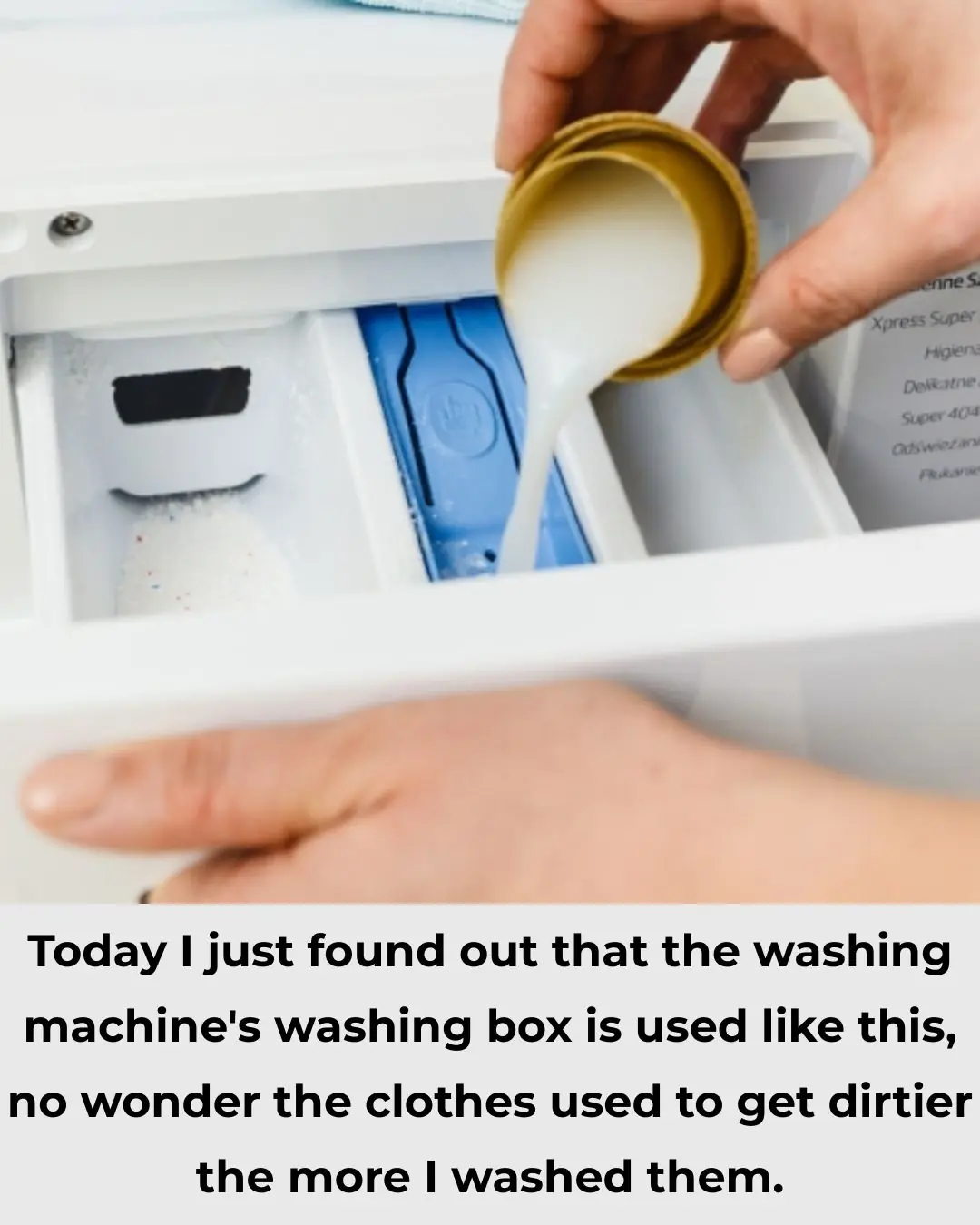
Turns out I've been using it the wrong way for a long time
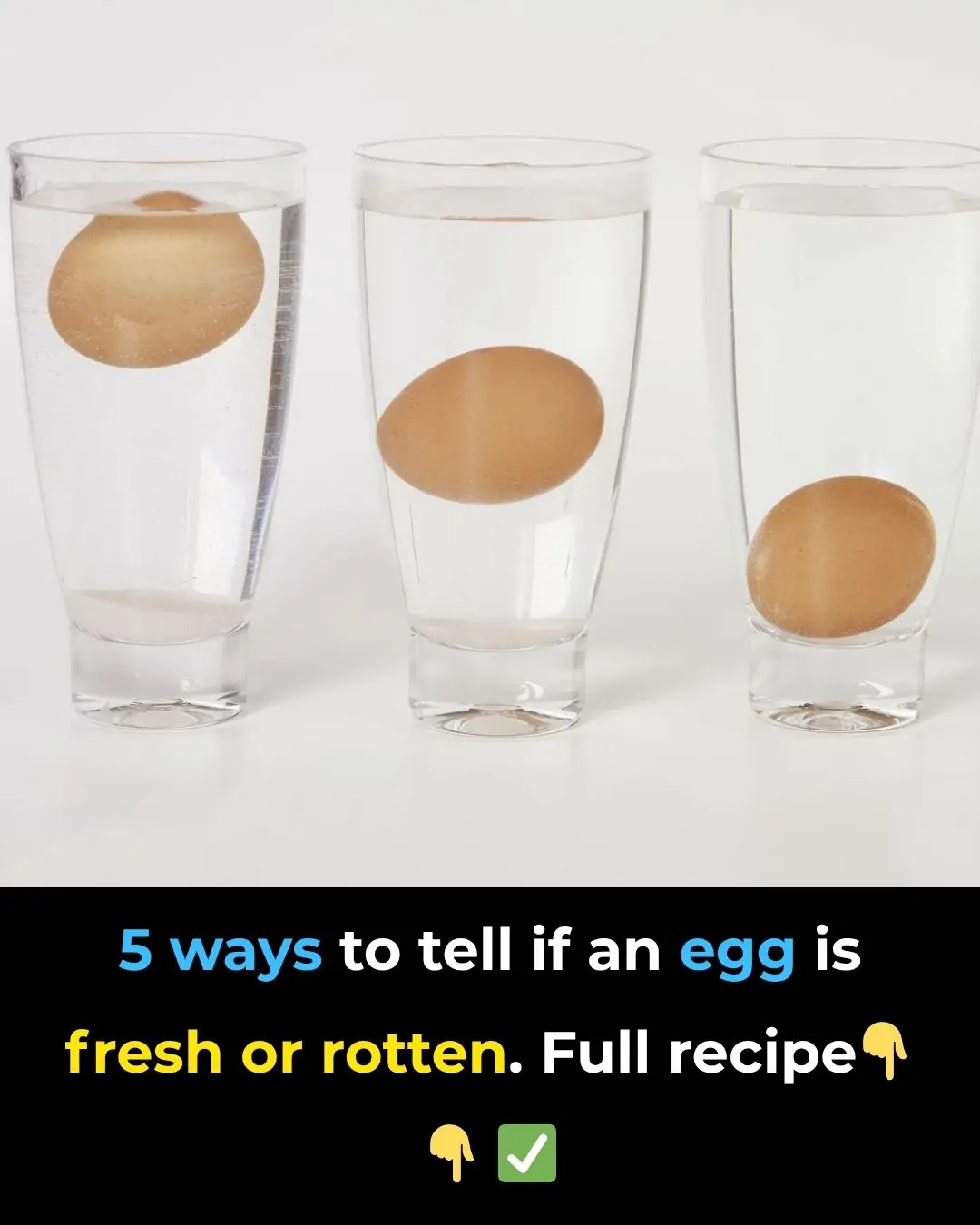
🥚 5 Simple Ways to Tell if Your Eggs Are Fresh or Rotten 🚫
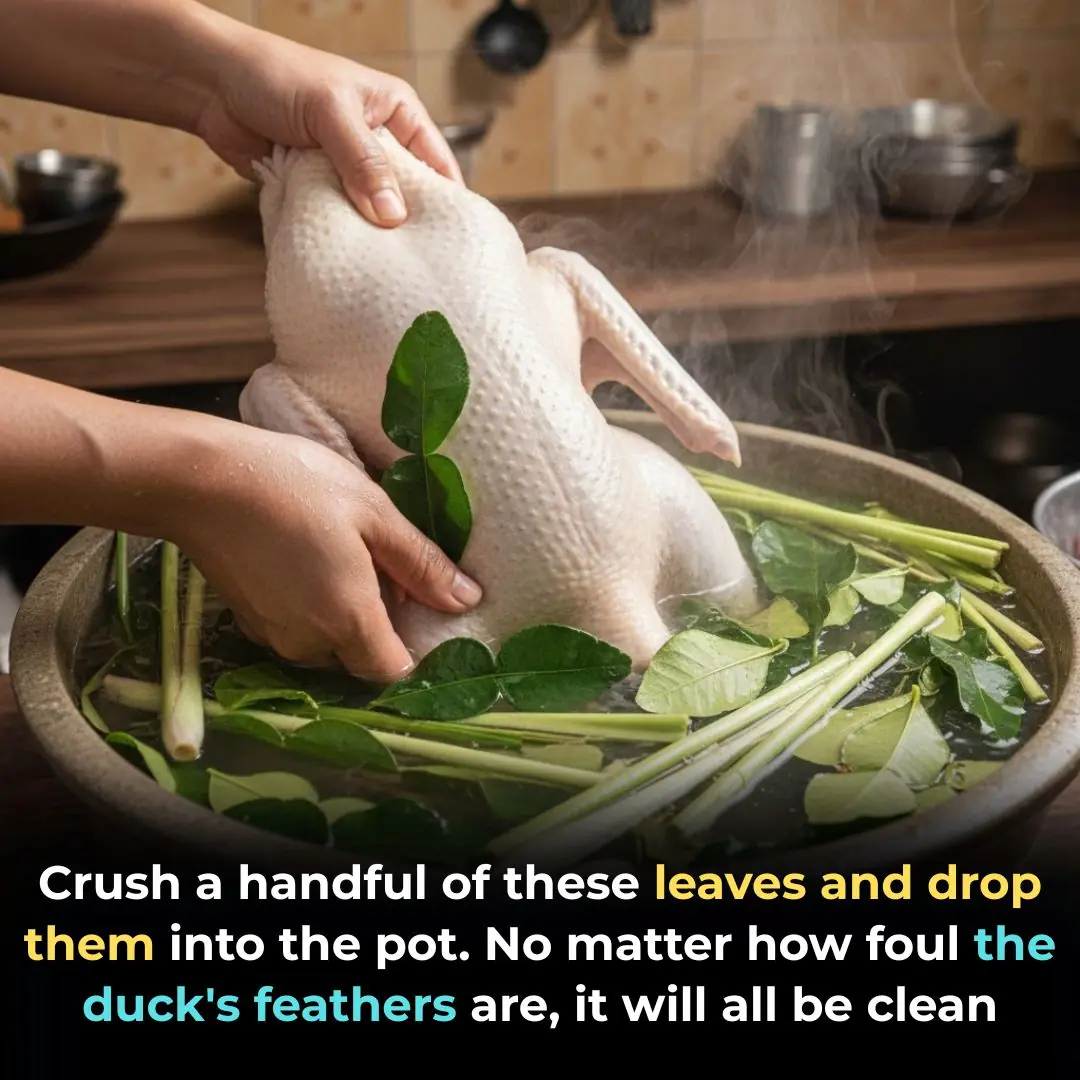
Crush a handful of these leaves and drop them into the pot.
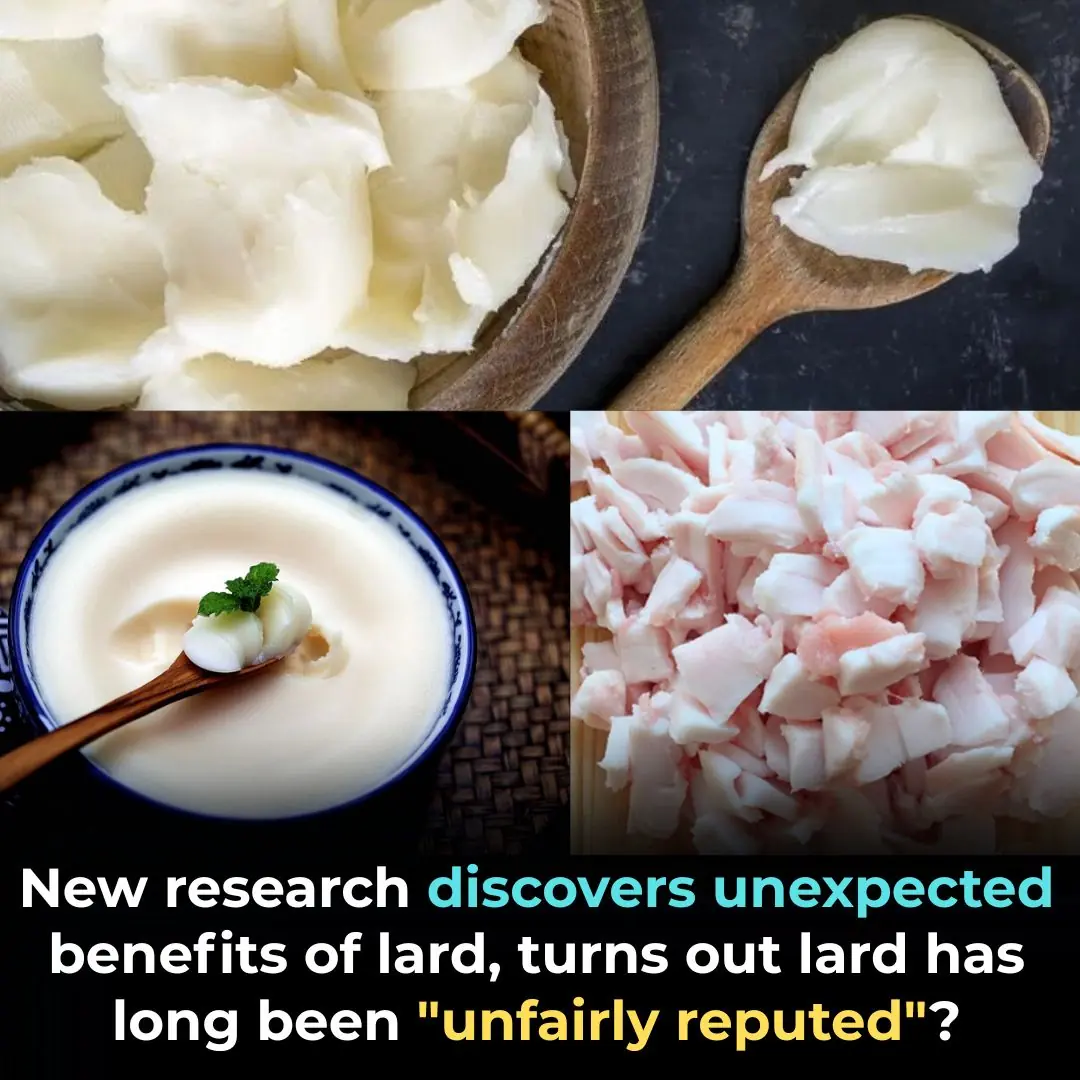
New research discovers unexpected benefits of lard
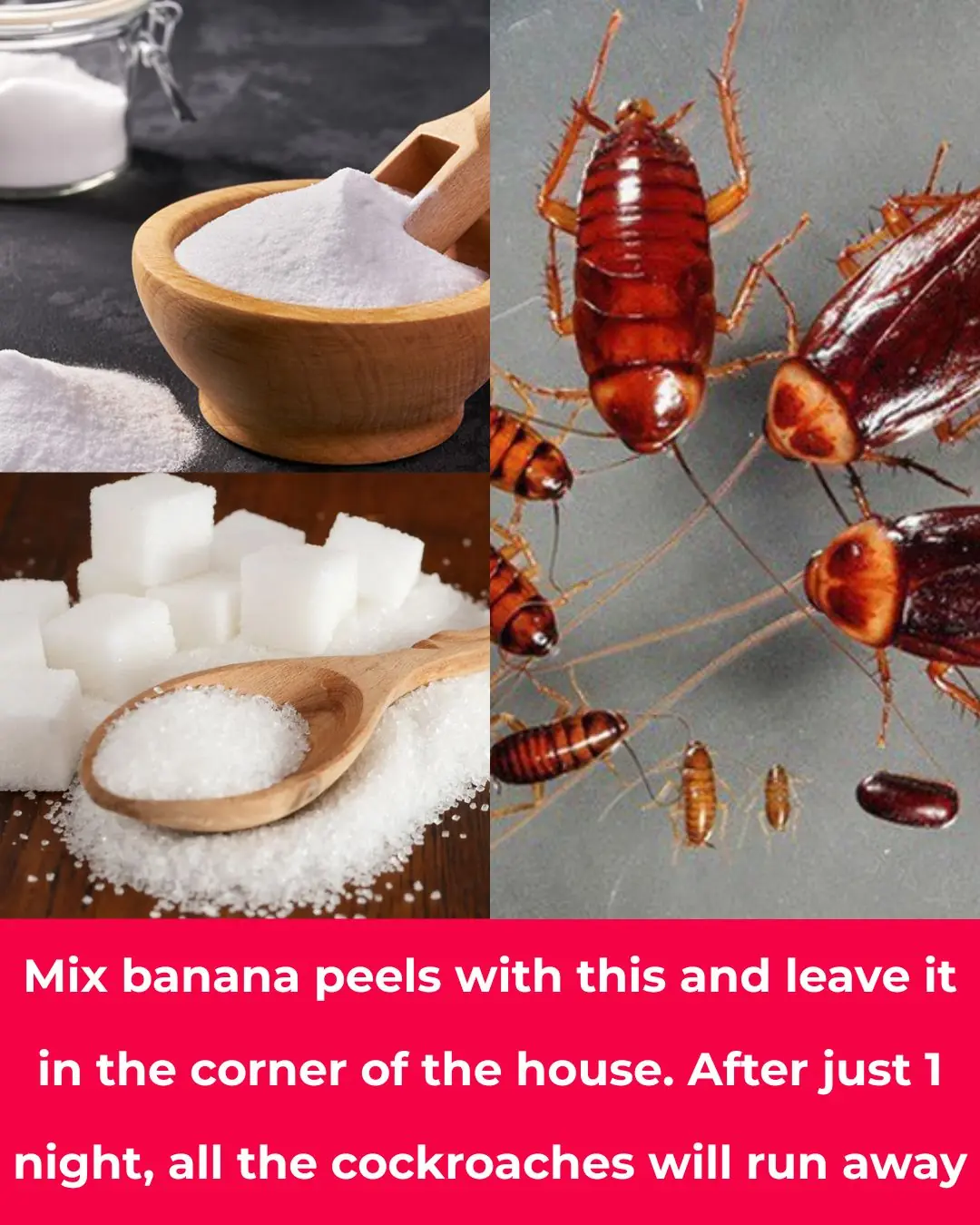
Mix banana peel with this and keep it in the corner of the house

The house is full of dust even if cleaned regularly, apply these 3 tips for a whole week and the house will still be clean
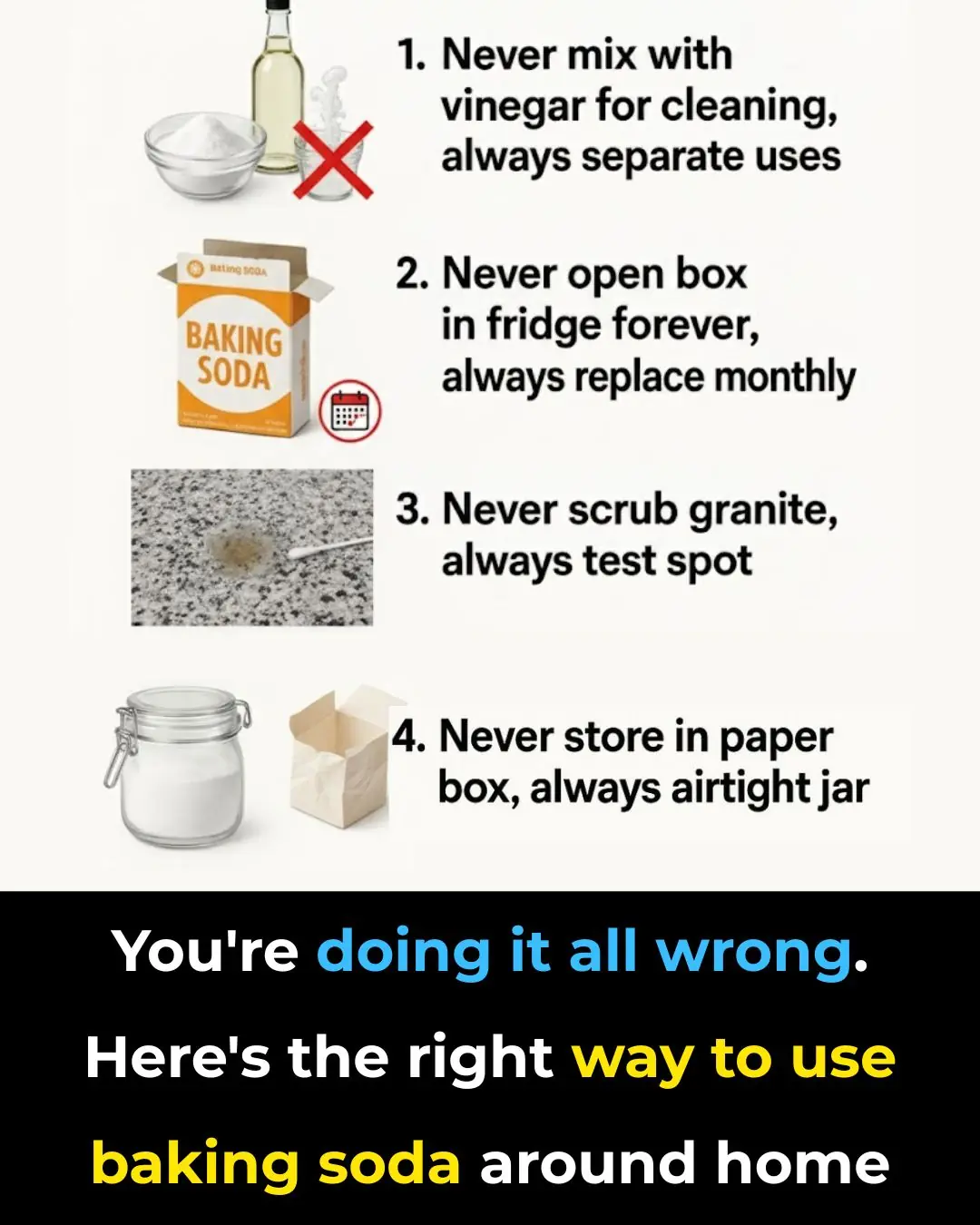
You’re doing it all wrong. Here’s the right way to use baking soda around home
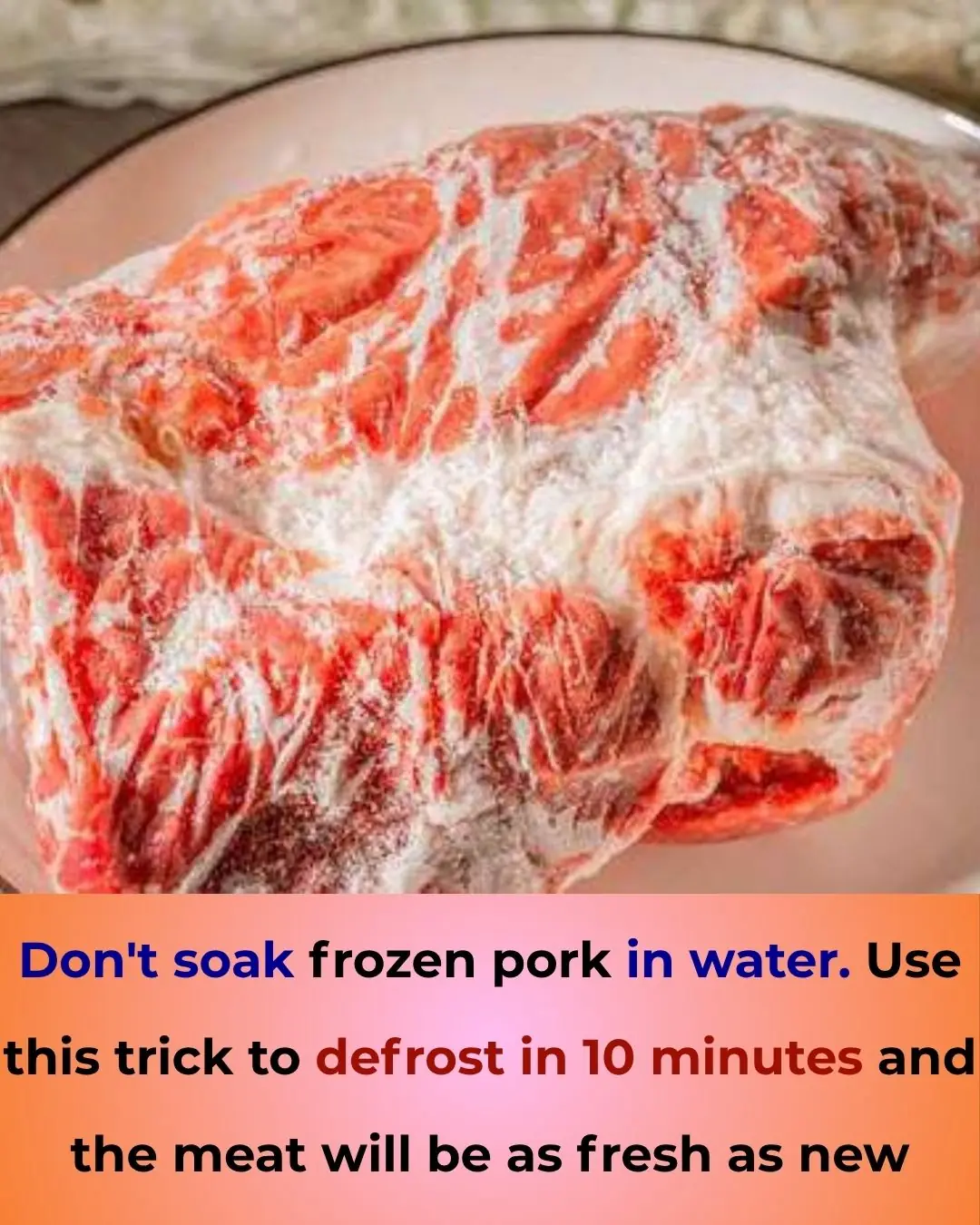
Don’t Soak Frozen Pork in Water — Try This 10-Minute Thawing Trick for Fresh, Tender Meat

Hotel Room Red Flags You Should Never Ignore

🔌 3 Mistakes to Avoid When Charging Your Phone — And How to Extend Its Life

You’re doing it all wrong. Here’s the right way to clean air vents

You’re doing it all wrong. Here’s the right way to wash pillows

Wow, I never knew this!
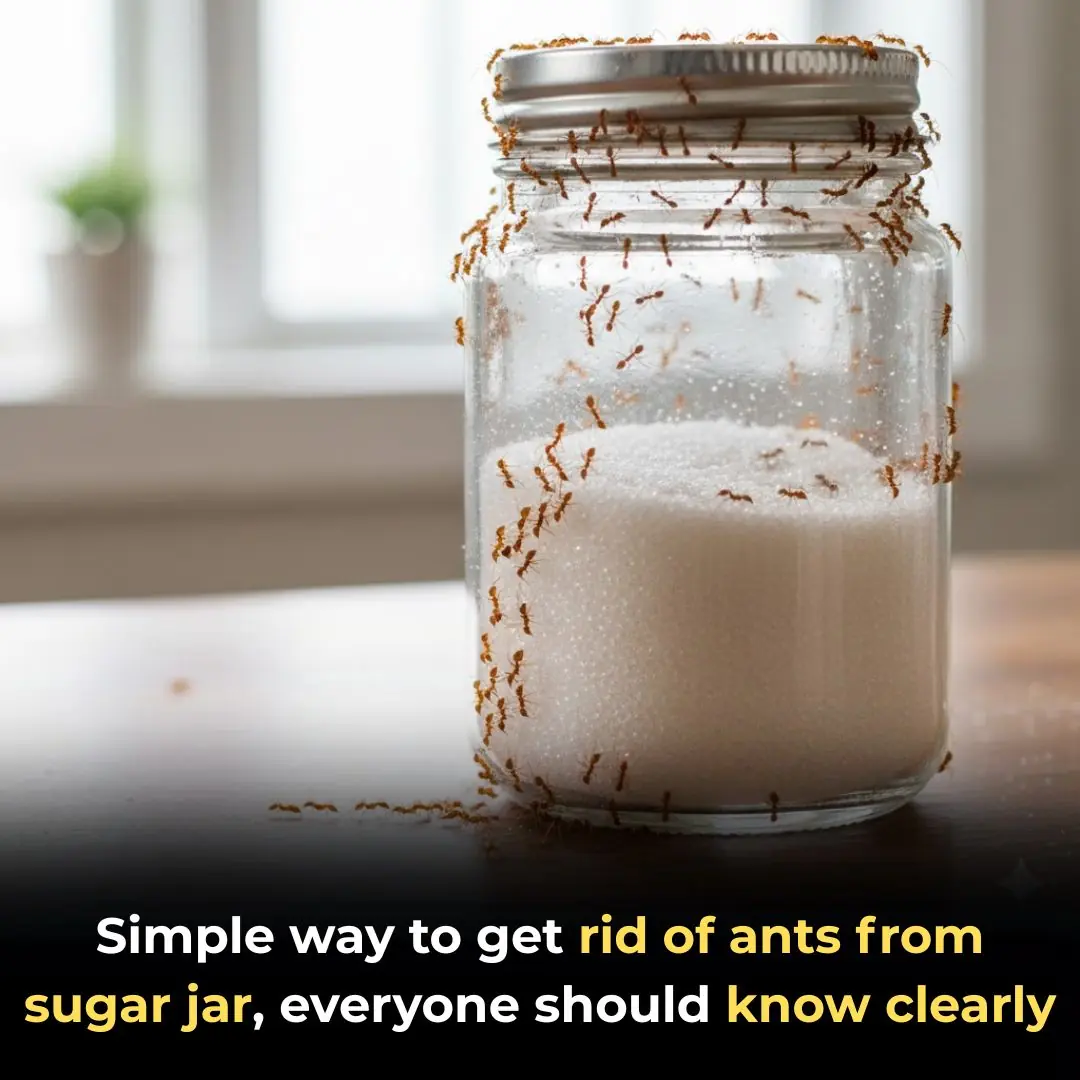
Simple way to get rid of ants from sugar jar, everyone should know clearly
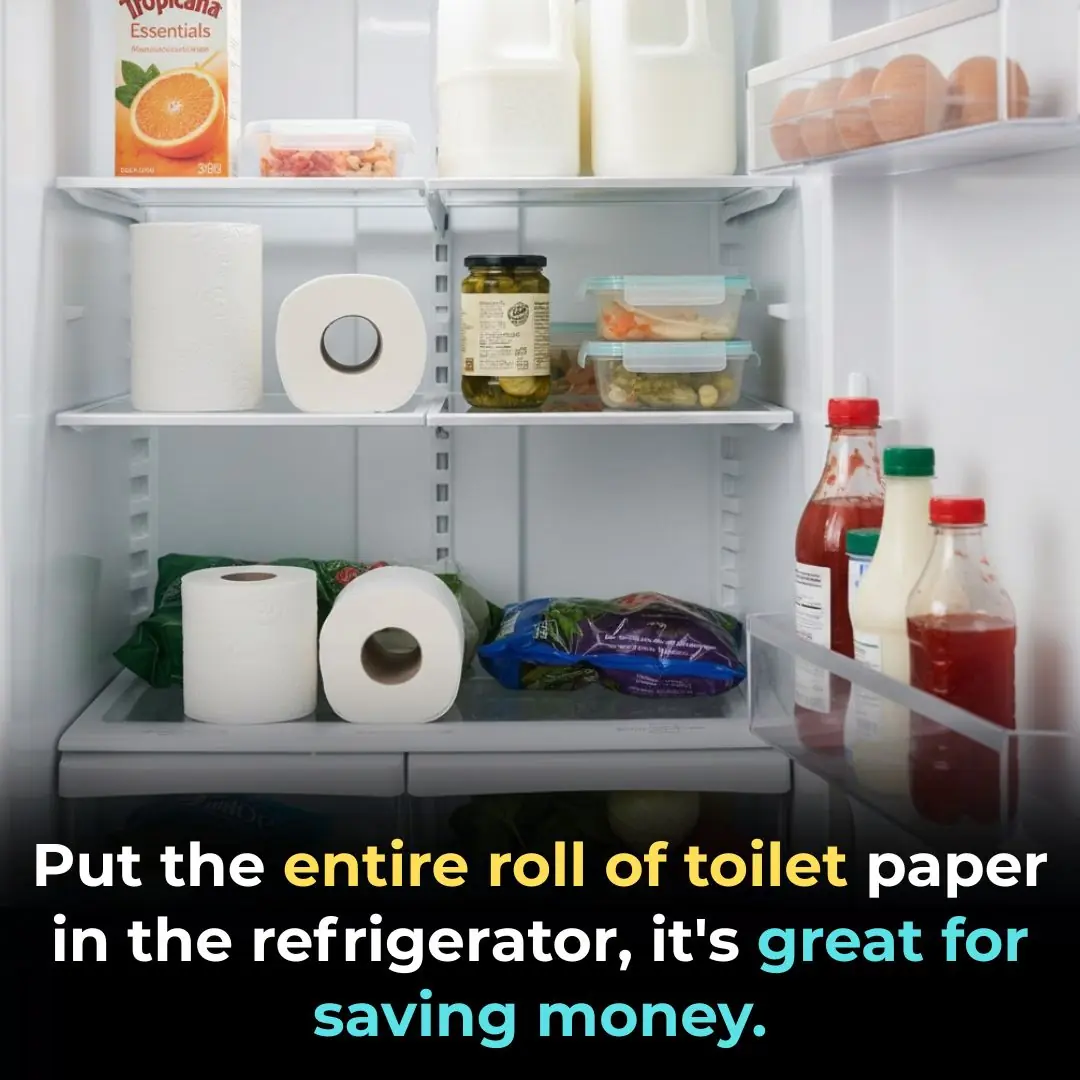
Put the entire roll of toilet paper in the refrigerator
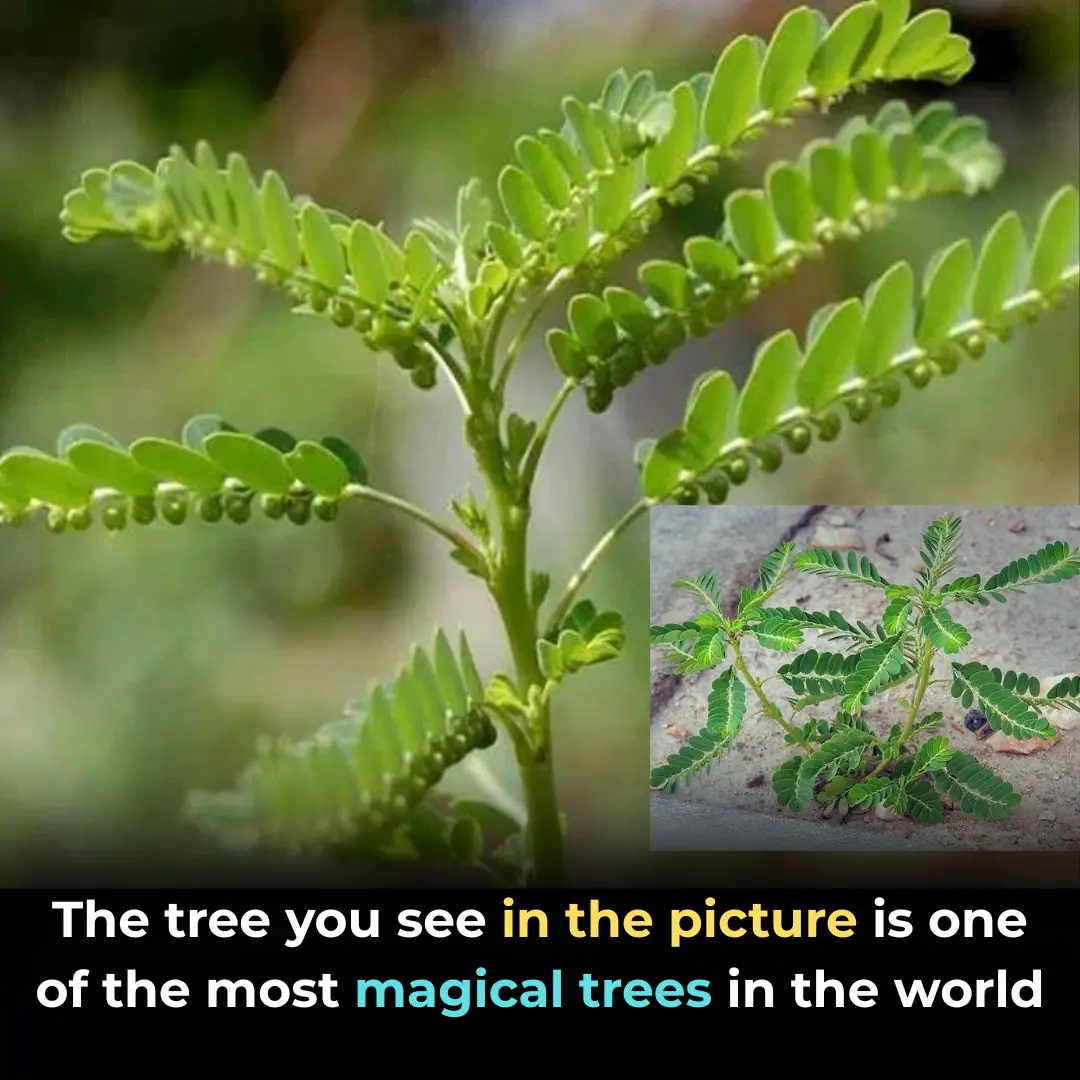
Serrated Leaf Motherwort: A Precious Herb with Many Benefits
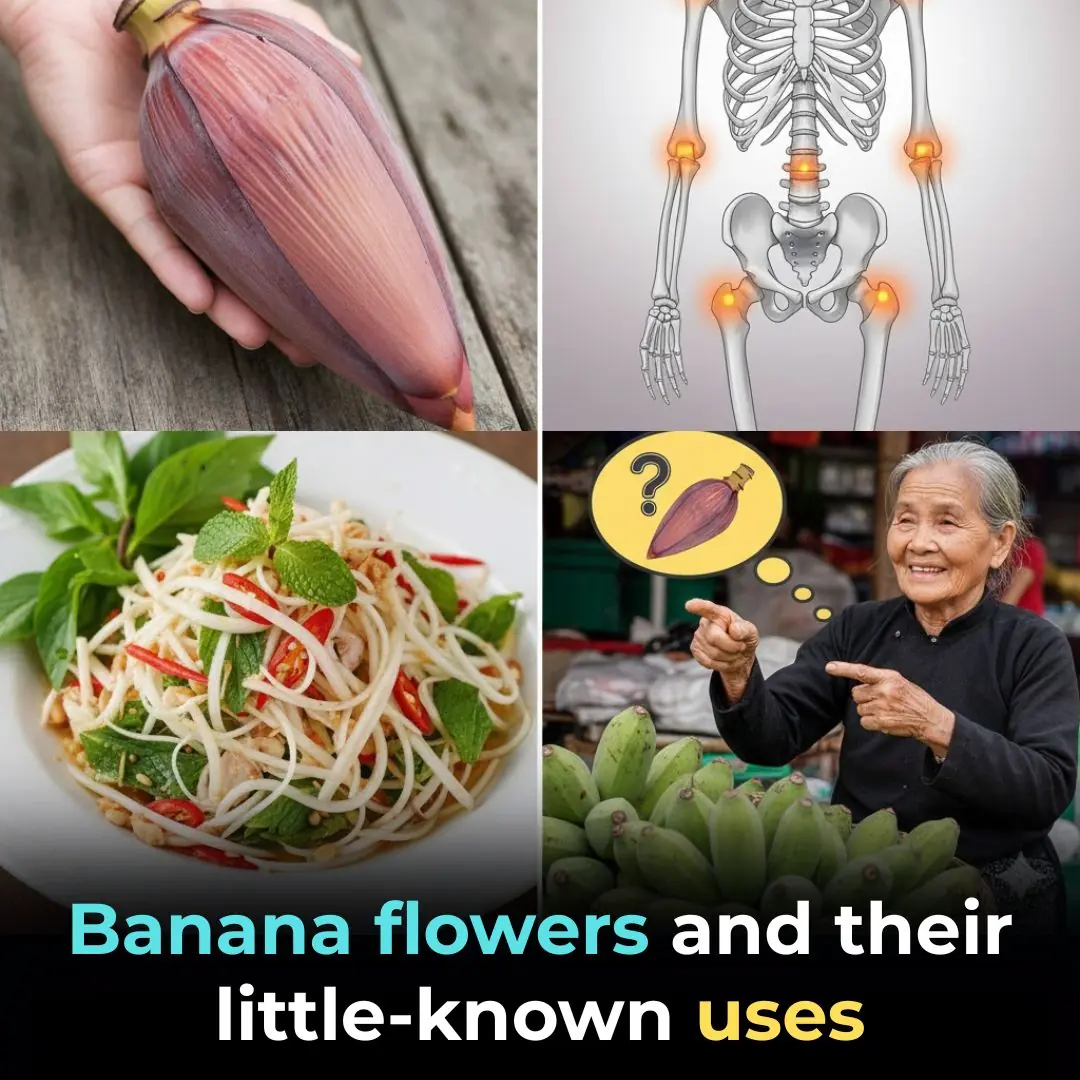
Banana flowers and their little-known uses
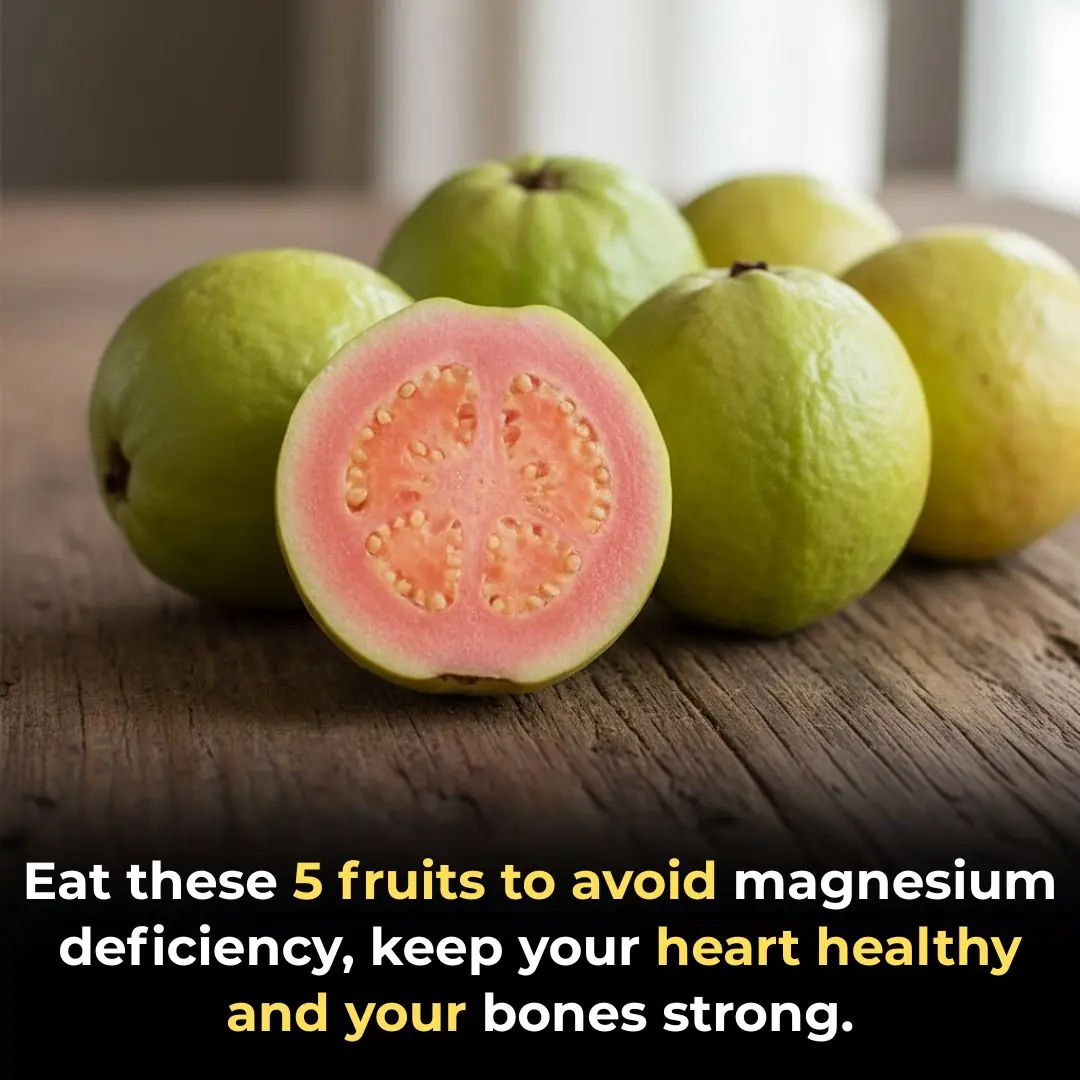
Eat these 5 fruits to avoid magnesium deficiency, keep your heart healthy and your bones strong.
News Post

Long-term melatonin use linked to increased heart failure risk, new study suggests

The #1 Food to Unclog Your Arteries Naturally

Could This Vibrant Beetroot Lip Balm Be Your Secret to Soft, Rosy Lips?
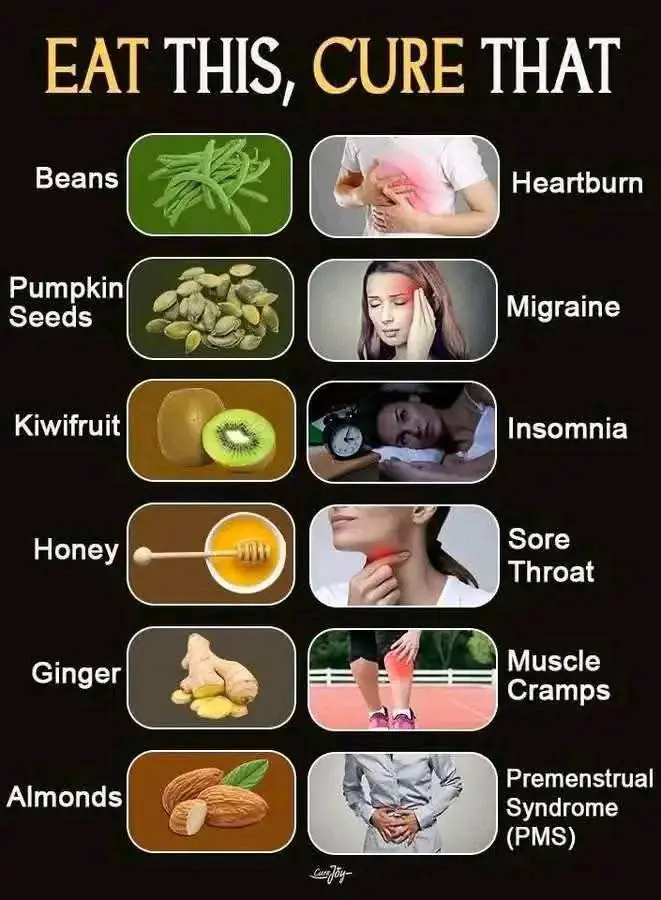
6 Everyday Foods That Can Help Relieve Common Health Symptoms — According to Science

This Homemade Coffee & Turmeric Eye Cream Will Erase Your Dark Circles
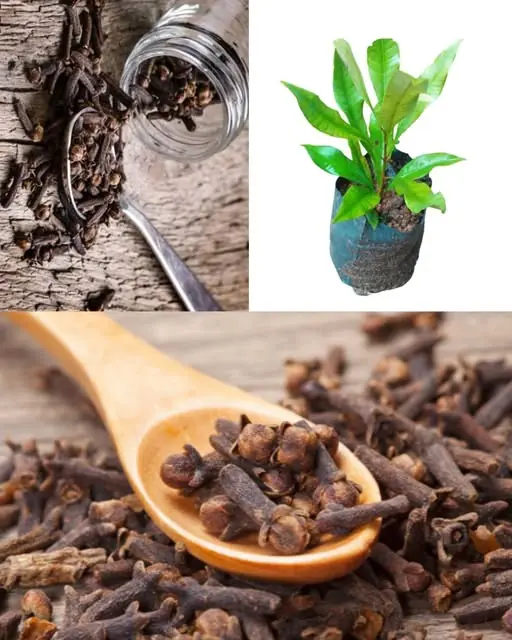
How to grow clove plant at home – from seed to spice
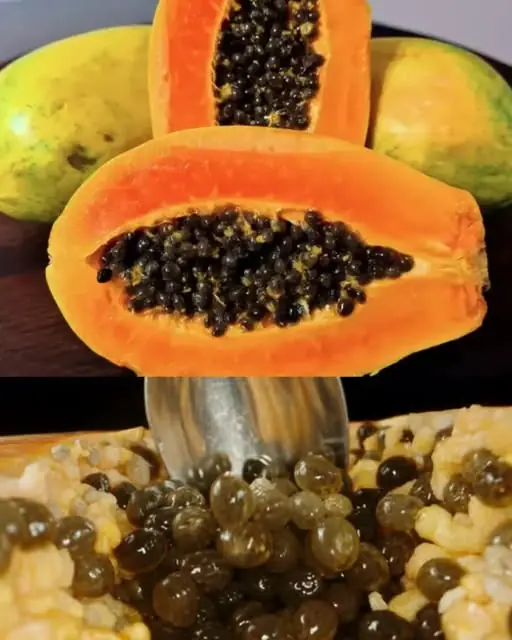
7 Benefits Of Papaya Seeds & How To Consume Them Correctly
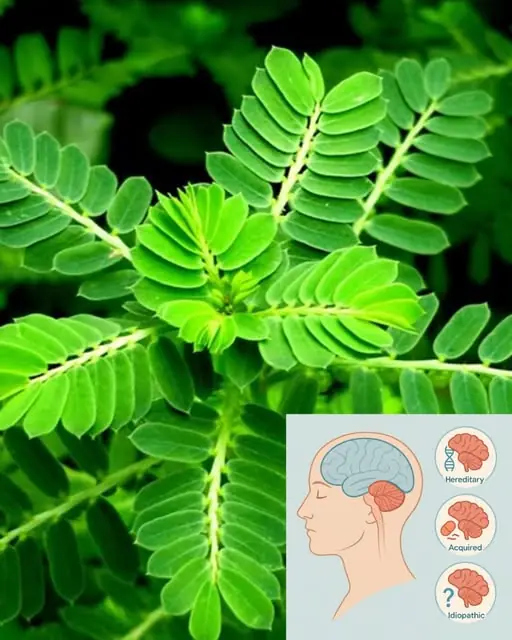
Chanca Piedra (Stonebreaker): Benefits and Uses

Nerve damage? 6 best oils to help repair your nerves
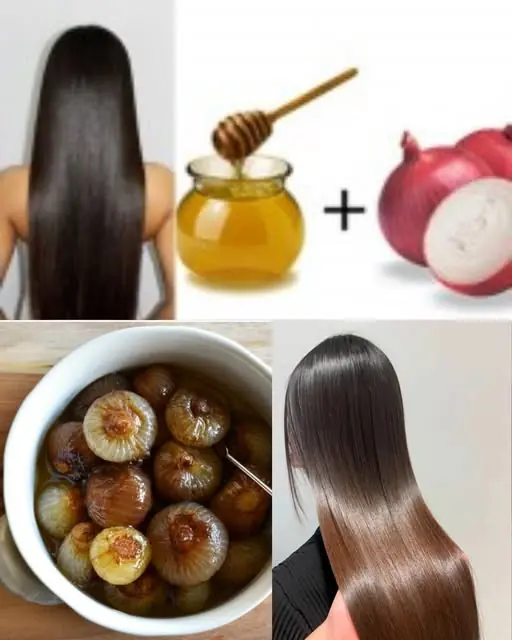
Red Onion for Hair Growth: How This Overlooked Natural Remedy Can Stop Hair Fall and Boost Thickness Fast

Banana and Coffee: Powerful combination with surprising benefits
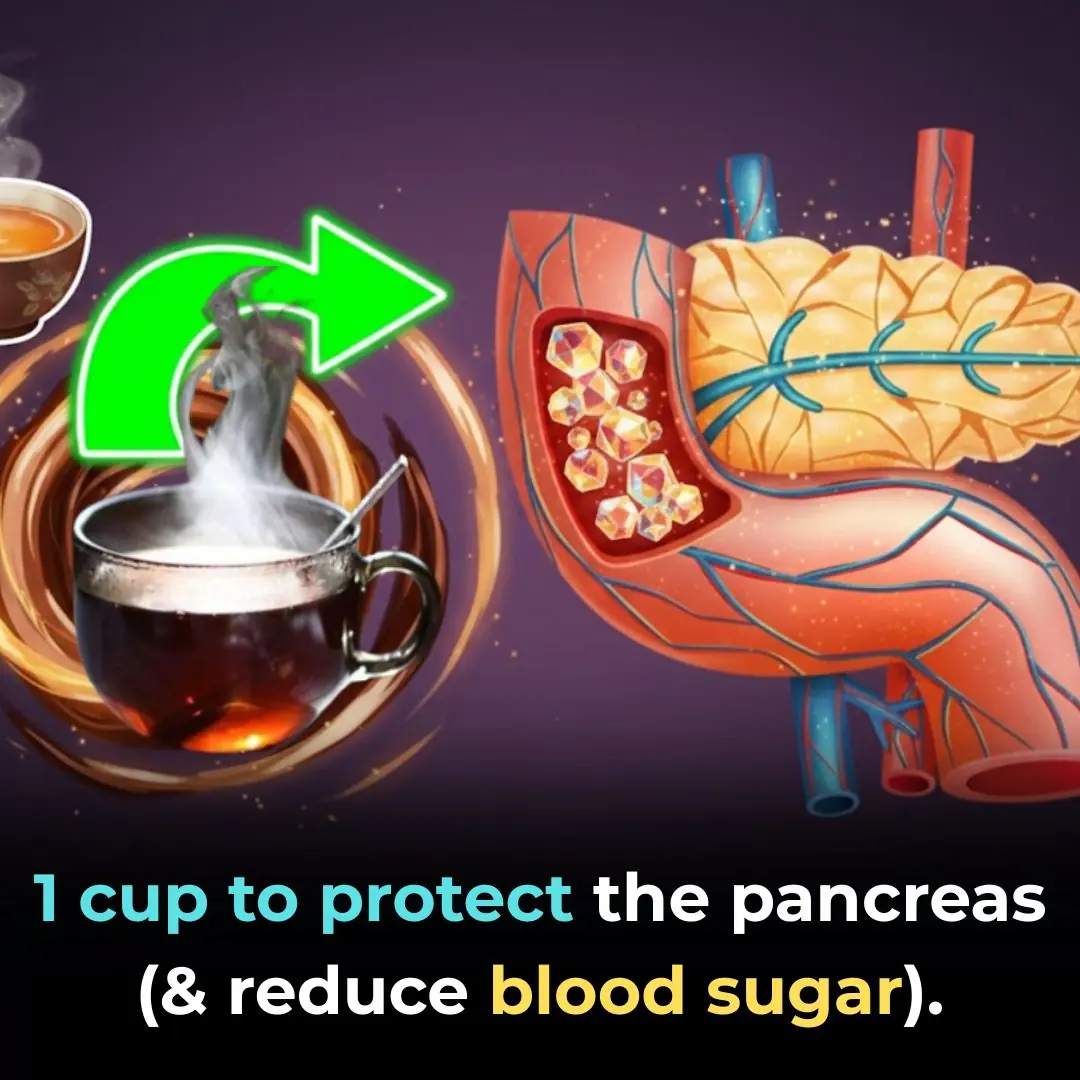
1 cup to protect the pancreas (and reduce blood sugar)

Manraj’s Journey: A Brave Little Fighter Who Beat Cancer

The Day Rick Swope Saved Jo-Jo the Chimp: A Heroic Act of Compassion

A Dramatic Rescue: The Courageous Effort to Save a Mother and Calf Elephant in Thailand

The Orange Cat and the Bears: A Friendship You Have to See to Believe

Remembering Tim Franklin: A Husband, Father, and Friend Who Loved With His Whole Heart

Abused Genius Turns King: The Lost Experiment That Became Legend of the Jungle
